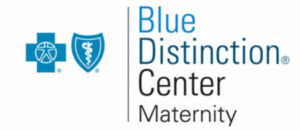
LABOR & DELIVERY
Delivering over 2,700 babies a year – more than any other provider in western South Dakota – services at Rapid City and Spearfish hospitals provide compassionate, expert care for you and your growing family because your birth experience matters.
Rapid City Patients with scheduled deliveries (i.e. scheduled C-sections, scheduled inductions), will use West Entrance 6 on the northwest side of the hospital. All other patients check in at the Emergency Department.
Spearfish Patients will check in at the Emergency Department.
Please take time to familiarize yourself with the Emergency Department entrance and parking before you’re due to deliver. Once you check in, Emergency Department caregivers will call your care team to inform them of your arrival.

We want to honor your birth preferences to the best of our abilities while ensuring safety for you and your baby. Be prepared for your special day.
BIRTHING CENTER SERVICES
Childbirth Education
Being prepared for your new arrival is a mental and physical challenge. Monument Health offers several classes for expectant parents to prepare for the big day and every day after. Please visit with your obstetrician.
Birth Planning Services & Breastfeeding Support
Meet with a personal birth planner to discuss your wishes for your baby’s birth day. We will also assist in preregistration, signing up for the childbirth and breastfeeding class, as well as a personal tour.
Childbirth education: 605-755-5510. Please listen through the prompts until you reach childbirth education.
Lactation services: call 605-755-8494 for an appointment and further information.
Birth planning: call 605-755-8489 for more information on birth planning.
Tours
Tours of our birthing suites occur during childbirth preparation classes. You can also schedule a separate tour with our labor and delivery unit.







